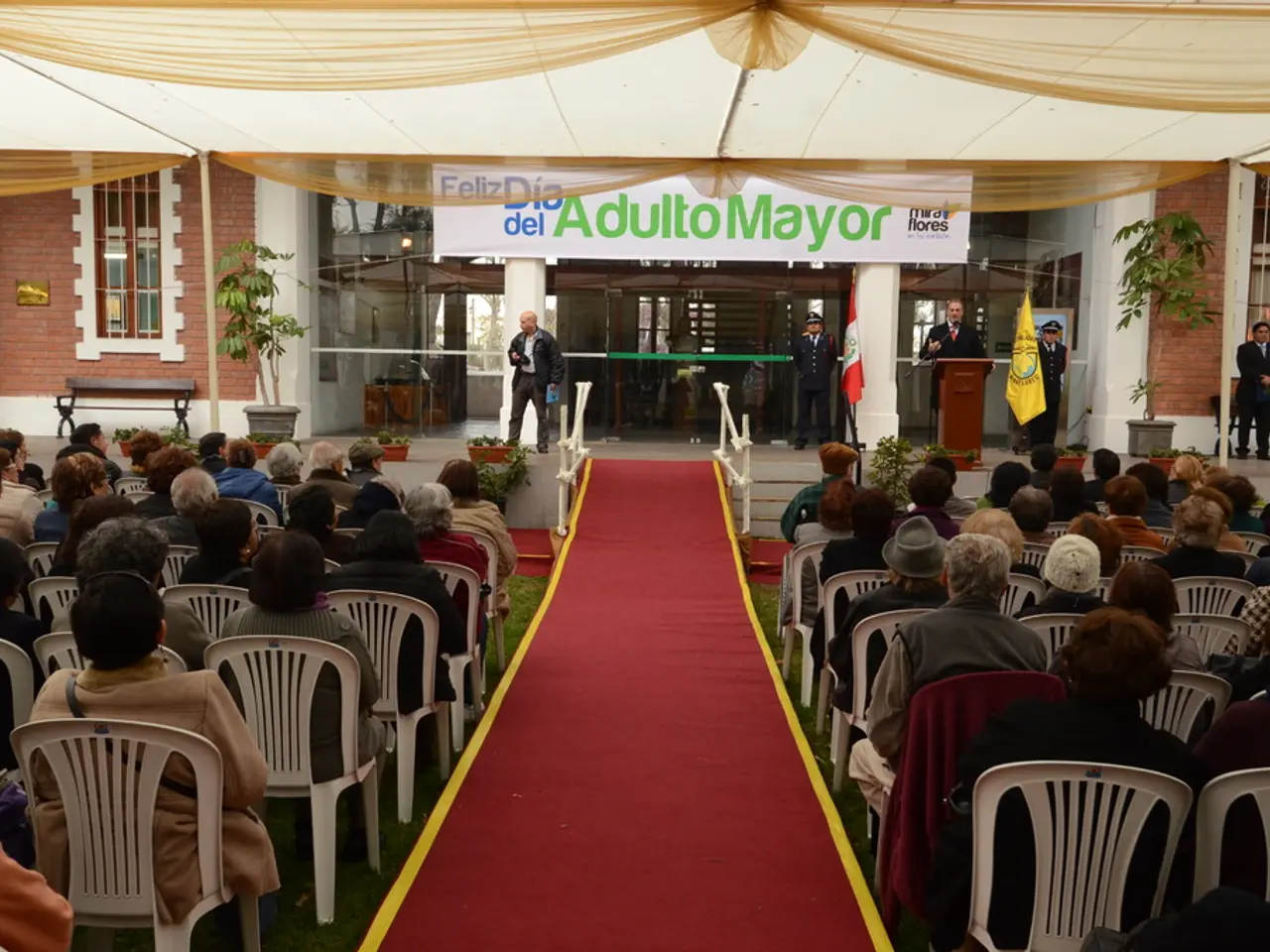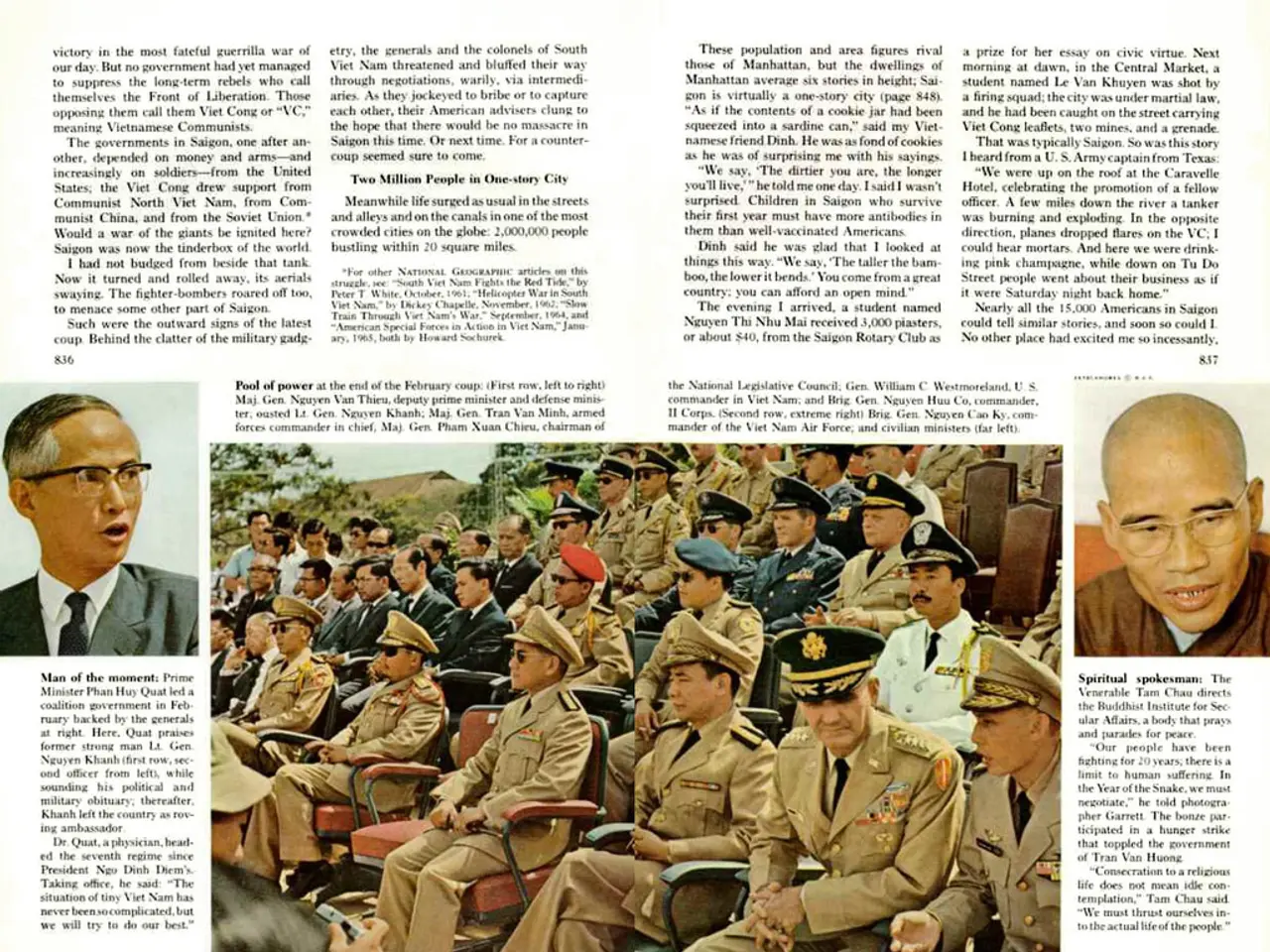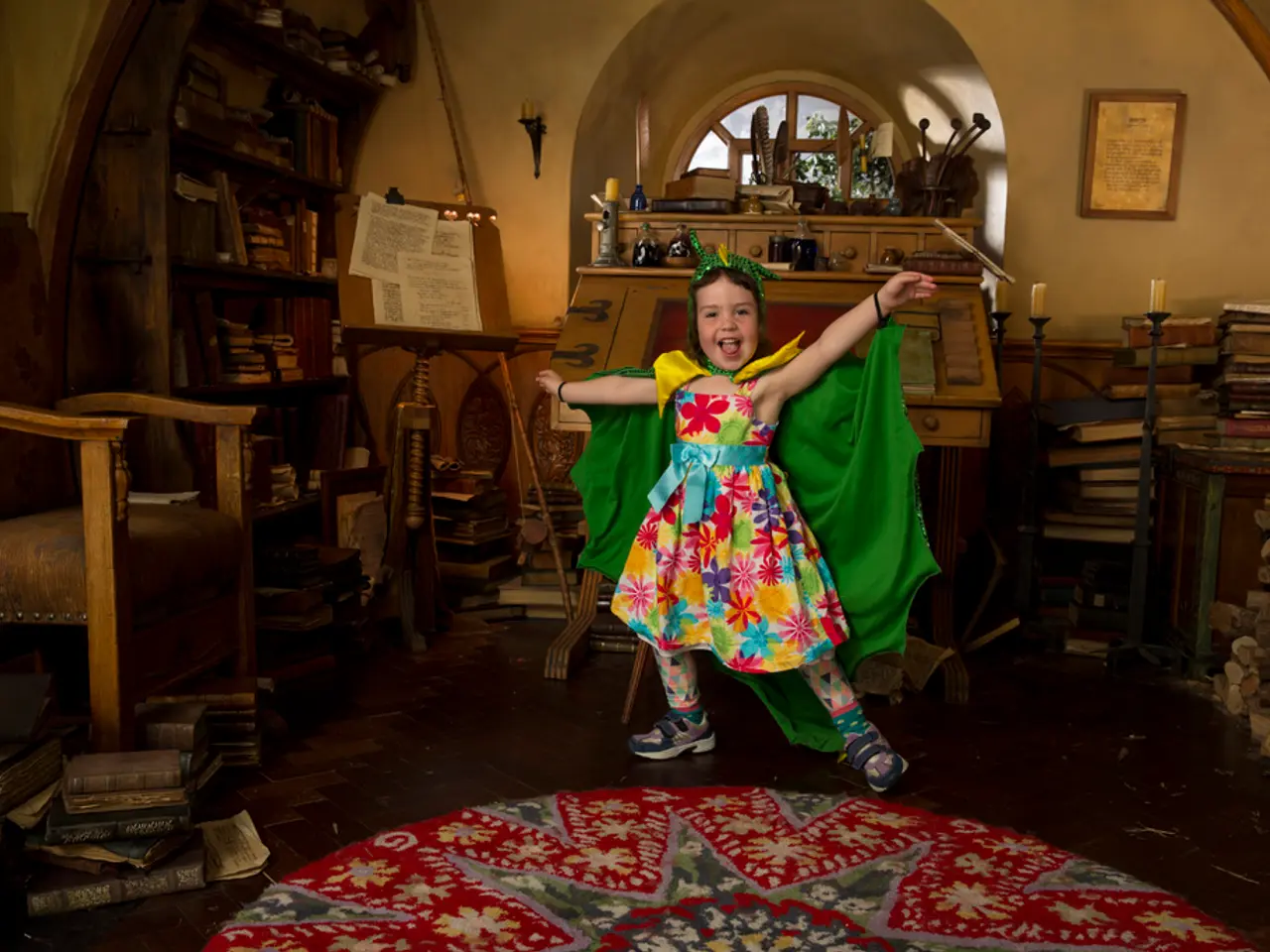Evangelical churches officially granted legal recognition in Argentina
Argentina Recognizes Evangelical Churches as Legal Entities
In a significant move towards religious freedom and legal equality, Argentina's National Executive branch has officially recognized non-Catholic religious organizations as "religious legal entities" across the country. President Javier Milei signed the recognition, marking a significant shift in the legal status of these organizations.
The Christian Alliance of Evangelical Churches of the Republic of Argentina (ACIERA) has been instrumental in the advocacy for this recognition. ACIERA's statement underscores the significance of the recognition, emphasizing the role of respect, patience, and faith in the 30-year struggle for this progress. The organization also underlined the efforts, prayers, and perseverance of Christians in achieving this milestone.
The General Justice inspectorate, which reports to the ministry of justice, will be responsible for coordinating all actions related to this legal change. The provinces will have to adjust their mechanisms to allow this legal change to take effect.
This recognition allows churches to operate openly, perform weddings, and engage in social ministry with official backing. It also eliminates the need for these organizations to adopt another legal form. The recognition of religious legal entities applies to the entire country of Argentina.
The recognition of non-Catholic religious organizations is seen by ACIERA as a significant step towards the advancement of religious freedom in Argentina. It is also viewed as a boost to the legal status and potential rights and privileges of these organizations within the country. The change in legal status may have implications for the rights and privileges of these organizations within the country.
Argentina's move towards recognizing evangelical churches as legal entities is part of a broader trend towards legal recognition of diverse social rights. In 2010, Argentina legalized same-sex marriage, becoming the first Latin American country to do so. This move signaled a strong trend towards legal recognition of diverse social rights, including those related to religious sponsorship of marriages.
While the legalization of same-sex marriage was a major step, evangelical churches’ legal recognition in Argentina—as entities distinct from the Catholic Church—would primarily involve registration as religious organizations and rights to perform legally recognized ceremonies. The specifics about when this formal legal status was granted or changed are not provided by the search results.
Given Argentina’s Latin American context and the prominence of liberation theology in Catholicism, evangelical churches likely exist within a framework influenced by broader religious pluralism and evolving church-state relationships. However, the liberation theology movement is mainly a Roman Catholic development.
The recognition of evangelical churches as legal entities contributes to religious freedom, diversification of religious expressions, and the integration of these groups into national religious and legal life. It may influence political and social debates, such as around LGBTQ rights. The allowance of same-sex couple accompaniment by some evangelical groups indicates a potential shift in conservative religious attitudes in Argentina, contributing to changing religious and social landscapes.
ACIERA celebrates the recognition as a victory for religious freedom, legal equality, and the strengthening of evangelical churches and other religious entities across Argentina. The organization looks forward to the positive impact this recognition will have on the lives of Christians and other religious communities in Argentina.
The recognition of evangelical churches as legal entities in Argentina may lead to broader discussions about religious freedom and diversity in politics and general news. This legal shift could potentially influence the rights and privileges of various religious communities within the country's political and social spheres. The recognition of evangelical churches as distinct entities from the Catholic Church also aligns with Argentina's ongoing efforts towards legal recognition of diverse social rights, such as the 2010 legalization of same-sex marriage.








